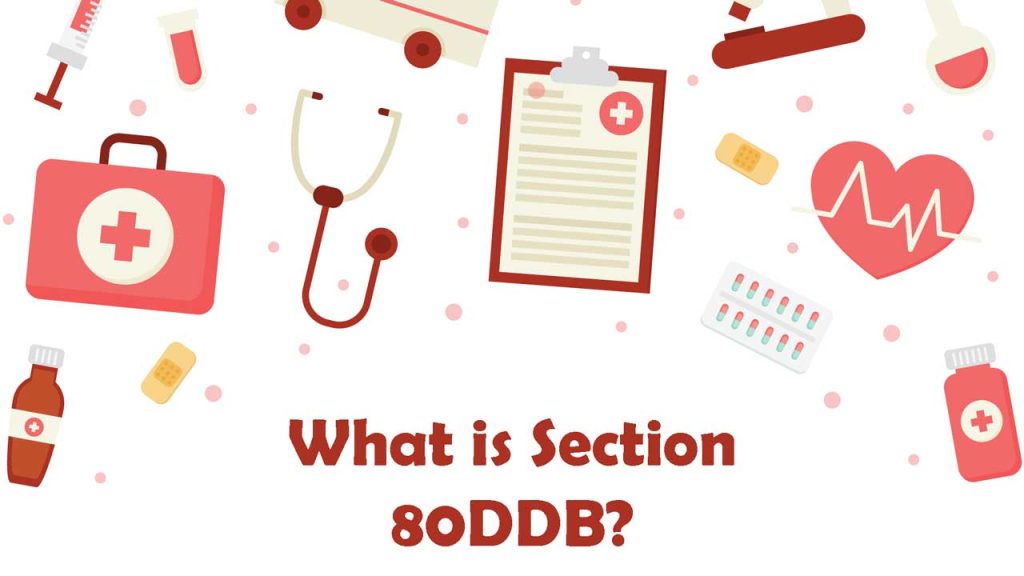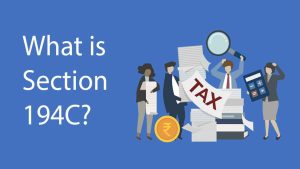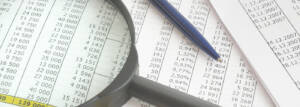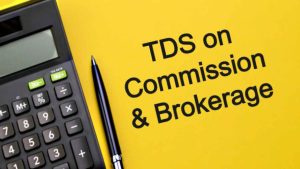First and foremost, Section 80DDB allows a deduction for direct medical expenses accrued in the care of specified illnesses for the taxpayer, partner, offspring, parents, and siblings. The array of mentioned diseases is protected by Income Tax Law 11DD. While seeking the deduction gain on an ITR, many individuals have Section 80U, Section 80DD, and Section 80DDB mixed up.
Who can claim a deduction under Section 80DDB of income tax?
The deduction under section 80DDB for medical treatment of the stated disorders may be claimed by.
- Individuals who are residents (Indian or foreign citizens) for themselves, their wives, children, parents, brothers and sisters.
- HUF for each family member.
Wholly/partially depending on that taxpayer for aid and care.
This deduction is not available to non-resident Indians.
Individuals’ qualification for deduction under section 80DDB is thus determined by their residential status.
The deductions could not be made for long-term or short-term capital gains protected by Section 111A, or for earnings from horse racing, lotteries, or other related events.
Must Read – What is section 80DD?

Amount of deduction u/s 80DDB
The sum of the reduction is determined by 2 factors: the patient’s age and the total amount of spending.
The number is limited to.
- The sum directly paid for the treatment.
- or the amount of ₹40,000/– (in the situation of a normal citizen),
- whichever is less.
If the applicant is an elderly citizen the permissible value of the deduction is ₹1 lakh.
Section 80DDB deduction limits
Individuals (less than 60 years) – 40,000
In the case of a senior citizen (aged 60 years or more) – 1,00,000
Remember the following things in mind in this context.
- The sum of the deduction is determined primarily by the age of the individual seeking medical care, instead of the age of the person requesting the deduction.
- Deductions are often reported in relation to real costs accrued during the financial year.
- If a dependent is now covered by an insurer or corporation and receives money from the insurer or by the employer, the premium fee should be deducted from the permissible deduction. For eg, if you really are qualified for ₹1 lakh and got ₹40,000 from the Insurance Company, you are qualified for a ₹60,000 deduction in this section.
Documents required under section 80DDB
There must be evidence that medical attention is really being received, as well as a doctor’s report confirming that the individual is affected by any of the diseases mentioned under section 80DDB.
How to claim deduction u/s 80DDB
The prescription issued by the professional doctor is one of the most relevant records in this regard. If the care was provided in a government hospital, the prescription can be given by any doctor who works full-time within this hospital who holds a PG degree in General or Internal Medicine or an equivalently recognised degree. In the event of a government hospital, the order may also include the name and address of the patient.
Conclusion
Medical impairments are frequently debilitating which necessitate outrageously high medical costs. The Income Tax Act includes credit for these expenses under Section 80DDB. Section 80DDB is a crucial section of the Income Tax Act in which a tax gain of ₹1,000,000 could be sought in the event of elderly people and ₹40,000 in the event of other instances for expenses made on treatments of prescribed diseases and ailments. You only need a prescription from a licenced specialist.



